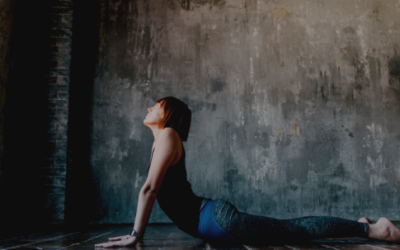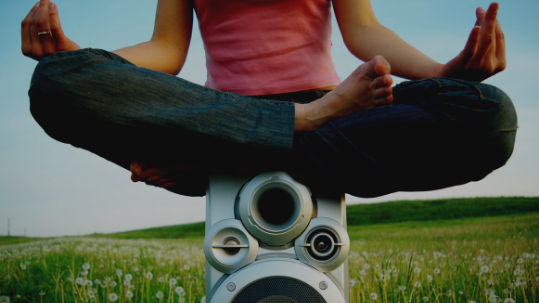thatThere aren’t office hours when you work in the music industry, and the responsibilities often feel like they’re around-the-clock. But balance is needed to move forward and maintain your mental health.
While there has never been much of a separation between work hours and home life for music industry professionals, the new normal that came out of the COVID-19 pandemic has pushed this community to blend the lines even further. Zoom meetings, phone calls, FaceTimes, texts, and social media interactions have replaced our traditional social interactions, and nearly all of our time is spent between our devices.
Even though we were already living in an ultra-modernized world in which most of our livelihoods were digitized, the pandemic exacerbated our screen time tenfold. Staring at a screen all day is not healthy for a variety of reasons, but sometimes it’s the only option.
Our friends at Work From Om published a list of ways to participate in a “digital diet” during these challenging times. Work From Om is a company that is focused on bringing movement and mindfulness to you as you work from home, and they are a great resource for incorporating modes of mental health and wellness from your living room.
To Achieve Mindfulness in an Age of Distraction discusses ways to feel less reliant on screens, so you can feel as though you’re not a laptop/smartphone zombie. This is a diet, not a detox. These are merely tips and tricks that can help you reduce unnecessary stimuli, which will lead to you feeling less drained and dependent on technology, and more capable of handling what work and life give you.
The Work From Om Digital Diet
Wake with an alarm clock that’s NOT your phone (and leave your phone in another room)
When was the last time you woke up and took a shower, had breakfast or even let your feet hit the bedroom floor before exposing yourself to a screen? When the first thing you reach for is your smartphone, you’re automatically subjected to checking notifications, scrolling through social media and reading headlines as soon as you wake up – it’s just too easy! Use a regular alarm clock and allow your mind some space to come into its own consciousness before subjecting your attention to the outside world.
Pad your evenings with screen-free time
How often do you find yourself relying on your phone, laptop or TV in bed to fall asleep at night, eyes falling heavy with strain before succumbing to exhaustion? The blue light given off by LED screens prevents our brains from releasing melatonin, the hormone that tells us it’s time to sleep. This means it takes us longer to get into a nice, restful sleep, which can mess with our bodies’ internal clocks. Designating anywhere from 10 minutes to an hour (ideal) of screen-free time before you sleep can do wonders for your brain.
Turn off non-vital notifications (we’re looking at you, Facebook)
Do you absolutely need to have social media (or shopping, political news, etc.) notifications light up your phone every five minutes? If your reactive answer is yes, ask yourself why. Unless it has to do with your job or your health/safety, it’s probably time to reconsider. Notifications have trapped us in a loop of constantly picking up our phones and take us away from what’s happening right in front of us. The biggest offenders are the social apps that we use the most, like Facebook, Instagram and Twitter, which we tend to check out of habit even without being prompted. Turn off your smartphone notifications for these apps. You’ll get your fix through checking anyway when you’re bored or looking for something specific, and detaching from the leash of notifications will yield a feeling of freedom that one must experience to fully appreciate.
Designate phone-free zones and situations
We are in a day and age where being completely present – with ourselves and also with the people around us – takes a little extra effort, so it’s up to us to make it happen. One way to promote this is to establish phone-free spaces and conditions, and we recommend doing so in the places that matter most. Perhaps you can leave your phone at home during your daily jog, designate a no-phones rule for a weekly meeting at work or agree that dinners with your partner/kids/best friend are phone-free situations. When we make the effort to eliminate distractions from life’s precious moments, we are able to experience them more fully and improve relationships with others, our work, and ourselves.
Observe the the “40-10-10 Rule” for your most productive hours
Inspired by the Pomodoro Technique, a popular time-blocking method developed in the 1980s, we designed the 40-10-10 rule as a modern-day solution for a full hour of productivity, break and communication. It calls specifically for 40 minutes of dedicated work on one task, 10 minutes to take a break, and 10 minutes to respond to any missed texts, emails or notifications. It’s no secret that we have a lot to get done in a single day, so it’s tempting to work on a little bit of each thing all at once. But multitasking has shown to increase the production of cortisol, the stress hormone, in our brains. It leaves us scattered, thinking about too much and forces our brains to work harder than doing one thing at a time. We can be incredibly more effective if we focus on one task, and block time to recharge and catch up. Break your time down and use it effectively. We are confident you will quickly see positive results.





